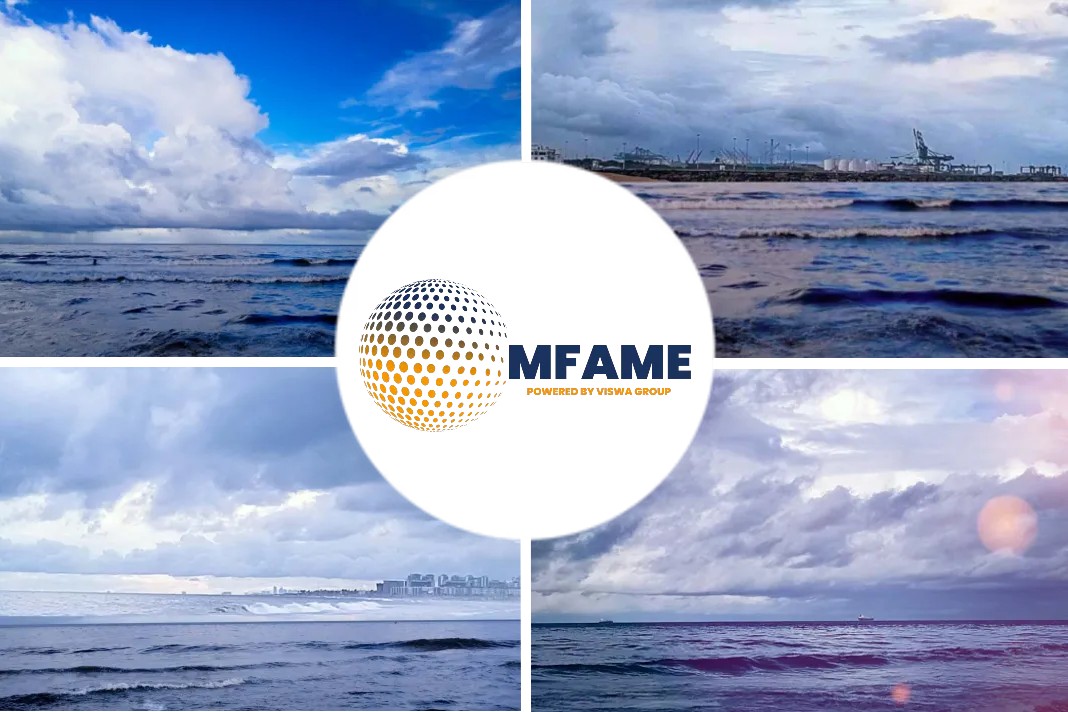EU ban on insuring and financing seaborne deliveries of Russian oil
Russia expects to get around the EU ban on insuring and financing seaborne deliveries of Russian oil to third countries by using state guarantees, Dmitry Medvedev, deputy chairman of the Russian security council said June 6, in a post on his official Telegram channel.
“This problem can be solved — insuring supplies can be secured by using state guarantees within the framework of interstate agreements with third countries,” Medvedev said.
Sixth sanctions package
The EU said in a statement June 3 that its sixth sanctions package prohibits EU operators from insuring and financing seaborne transport of Russian oil to third countries after a wind-down period of six months.
The ban is part of the latest restrictions introduced by the EU in response to Russia’s invasion of Ukraine.
Trading, insurance and shipping executives said last week that such a ban could further complicate trade in dry bulk and liquid commodities with Russia, making them more expensive, delaying scrapping of old ships, pushing up global freight rates and encouraging private deals with owners ready to call at sanctioned ports.
Medvedev said that Europe cannot immediately cut itself off from Russian oil, and will need to use alternative methods to continue to import it.
“They know that they will still have to find ‘gray’ schemes to get our feedstock and pay for it somehow, bypassing their own idiotic sanctions,” he said.
What are the other measures?
Other measures included in the latest sanctions package include phasing out Russian crude imports in six months, and other refined products in eight months.
Medvedev said that as a result European consumers will have to scour the world in search of imports of the same quality as Russian oil.
“In so doing, they will face a shortage of certain types of fuel, such as diesel, which is needed for trucks and agricultural equipment,” Medvedev said.
The sanctions were effective immediately but include transition periods and some temporary exemptions to minimize the market impact, the EU statement said.
Member states that have a particular pipeline dependency on Russia and no viable alternatives were granted a temporary exemption for pipeline crude shipments, which will remain in place until the Council decides otherwise. Member states that benefit from the exemption are not permitted to resell such crude and products to other member states or third countries.
Other exemptions include permission for Bulgaria to continue seaborne oil and oil products imports until the end of 2024. Croatia will also be allowed to import Russian vacuum gas oil until the end of 2023.
Alongside German and Polish measures, the new sanctions will see Russian oil import volumes drop by 90%, the EU said.
Supply security risks have risen
Supply security risks have risen as a result of Russia’s invasion of Ukraine and sanctions. This has led to Russia’s key crude grade Urals trading at significant discounts to the Dated Brent benchmark.
Platts assessed Urals at $85.47/b June 1, compared to Dated Brent at $122.96/b, , according to S&P Global Commodity Insights data. On Feb. 23, the day before Russia invaded Ukraine, Urals was trading at a discount of around $10/b to Dated Brent.
Other measures included in the sixth package are a ban on providing services to the Russian oil sector, and disconnection of three Russian banks, including Sberbank, from the SWIFT global financial messaging system, EU statements released June 3 said.
Did you subscribe to our daily Newsletter?
It’s Free! Click here to Subscribe
Source: Bunkerworld


























